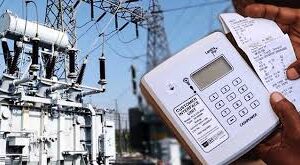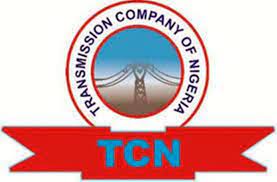A Professor of Economics at the National Open University Nigeria (NOUN) Abuja, Ganiyat Adejoke Adesina has advised the federal government to engage alternative financing models to develop its infrastructure.
Prof. Adesina, who made the call at the what has finance got to do with it inaugural lecture at the weekend in Abuja, noted that FGs present financing model is not enough if the country plans to develop its infrastructure.
Data says Nigeria needs $300 billion over a 10 years period if it is to bridge its infrastructure gap.
Over the years, the need to bridge its collapsing infrastructure has led to massive borrowings by the President Muhammadu Buhari led government. Presently, Nigeria’s debt stands at over N39 trillion.
“I call on the Nigerian government then to embrace the paradigm shift
for infrastructural development by licensing Islamic banking and financing
system because this alternative financing has got to do with development waves not only in Muslim countries but in the West and Europe.
“I found positive effects of regulations in the Malaysian capital market
which have forestalled arbitrage and speculation and that no dichotomy exist in
the conventional and Islamic bonds, rather Islamic bond is driven by its profit
and risk sharing traits.
“This boils down to the fact that finance has got a lot to do with investment in the bond market. Individual investors, therefore, prefer a horizon where they feel safe with their money than taking too much risk of losing their funds,” she said.
According to her, the Sukuk Islamic bonds is like conventional bonds in providing long term
financing to borrowers and lenders in the capital market.
The Economists said there was need for responsive collaborative efforts between the government and the monetary authorities in pragmatic policies formulation and
implementation that can absorb external shocks and stimulate Foreign Direct
Investments (FDI).
She further called on the government to carry out implementable policies on diversification of non-oil sectors as productive base of the economy such as agricultural sector, tourism, and mining as well as services and manufacturing.
She insisted that without a synergy between the federal government and concerned ministries, the diversification talk will amount to nothing if there is no proper funding of production-base of the economy.
“Economic diversification for boosting GDP, optimal exchange rate and inflationary management are also recommended to manage further global financial crises. With these, Foreign Direct Divestiture may be reduced,” she said.
She urged the government to use the proceeds of corruption to finance projects rather than put in
back into the economy.
“Government is advised to stop financing corruption, but finance growth and development by investing corruption proceeds in financing infrastructural facilities after finding that corruption does not grease wheel of economic development in Nigeria rather, it put sands in it,” she added.




